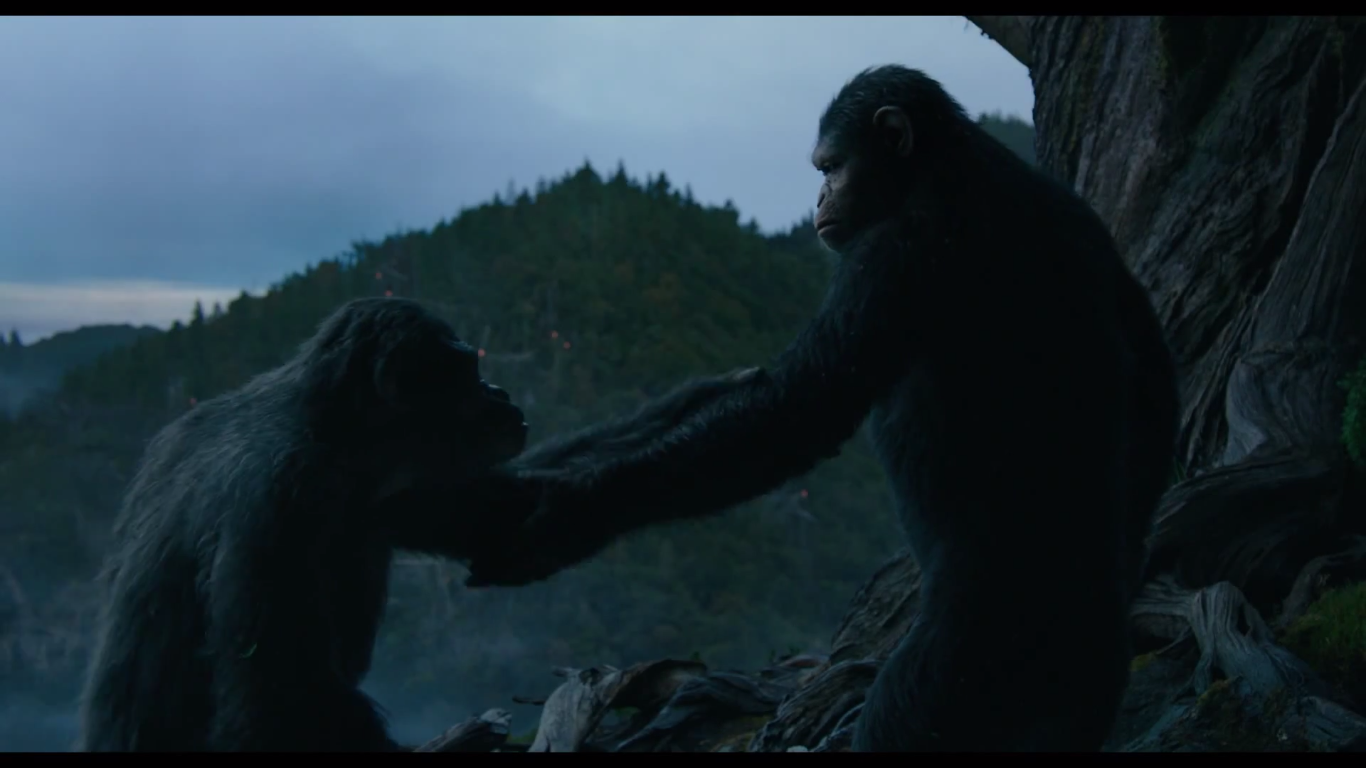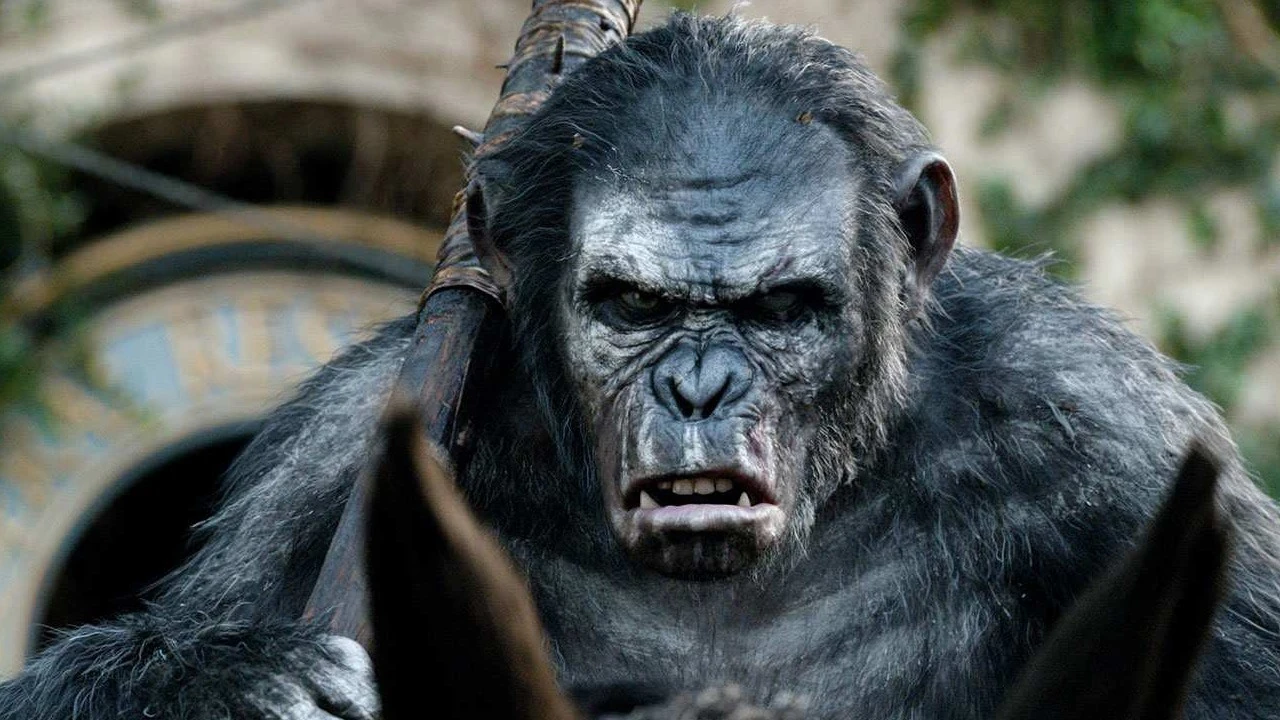Caesar Weak, Koba Weaker: A Deep Dive Into Historical Leadership And Power Dynamics
Leadership and power have always been central themes in history, and the phrase "Caesar weak, Koba weaker" invites us to explore the complexities of leadership styles, influence, and legacy. This article delves into the lives of Julius Caesar and Joseph Stalin (Koba being Stalin's early alias), analyzing their strengths, weaknesses, and the lasting impact of their leadership on their respective societies. By examining their historical contexts, decisions, and outcomes, we uncover the nuances of power dynamics and leadership.
In this era of information, understanding historical figures like Caesar and Stalin provides critical insights into human behavior, governance, and the consequences of political decisions. This article seeks to illuminate the lessons learned from their reigns, offering valuable perspectives for modern leaders and citizens alike.
Through a detailed exploration of their biographies, leadership styles, and the effects of their actions, we aim to answer the question: Was Caesar weak, and was Koba even weaker? Join us on this journey through history, politics, and power dynamics.
Table of Contents
- Biography: Julius Caesar and Joseph Stalin
- Leadership Styles: Comparing Caesar and Koba
- Historical Context: The Times They Lived In
- Power Dynamics: Strengths and Weaknesses
- Legacy: The Lasting Impact of Their Reigns
- Criticisms and Controversies Surrounding Their Leadership
- Comparative Analysis: Caesar vs. Koba
- Lessons Learned: What Can Modern Leaders Take Away?
- Statistics and Data: Measuring Their Influence
- Conclusion: Was Caesar Weak, Koba Weaker?
Biography: Julius Caesar and Joseph Stalin
Julius Caesar: A Historical Overview
Julius Caesar, born on July 12 or 13, 100 BC, was a Roman general, statesman, and dictator. His rise to power marked a turning point in Roman history, leading to the end of the Roman Republic and the beginning of the Roman Empire. Caesar's military campaigns expanded Rome's territories significantly, and his political reforms reshaped the Roman government.
Below is a summary of Julius Caesar's key biographical details:
| Full Name | Gaius Julius Caesar |
|---|---|
| Date of Birth | July 12 or 13, 100 BC |
| Place of Birth | Rome, Italy |
| Death | March 15, 44 BC (Assassinated) |
| Notable Achievements | Conquest of Gaul, Julian Calendar, and Dictatorship of Rome |
Joseph Stalin: A Historical Overview
Joseph Stalin, born Ioseb Besarionis dze Jughashvili, was the leader of the Soviet Union from the mid-1920s until his death in 1953. Known by his alias "Koba" during his early revolutionary years, Stalin transformed the USSR into a global superpower through industrialization and collectivization, albeit at a tremendous human cost.
Below is a summary of Joseph Stalin's key biographical details:
| Full Name | Ioseb Besarionis dze Jughashvili |
|---|---|
| Date of Birth | December 18, 1878 |
| Place of Birth | Gori, Georgia (then part of the Russian Empire) |
| Death | March 5, 1953 (Stroke) |
| Notable Achievements | Industrialization, WWII victory, and Soviet expansion |
Leadership Styles: Comparing Caesar and Koba
Charismatic Leadership: Julius Caesar
Caesar's leadership style was characterized by charisma and strategic brilliance. He was a master of public relations, using his oratory skills to win the support of the Roman populace. His ability to inspire loyalty among his soldiers and allies was unmatched, as evidenced by their unwavering dedication during his military campaigns.
Autoritarian Leadership: Joseph Stalin
In contrast, Stalin's leadership was marked by authoritarianism and ruthlessness. He centralized power, eliminating political rivals through purges and propaganda. While his methods were effective in maintaining control, they came at the cost of millions of lives during the Great Purge and forced collectivization.
Historical Context: The Times They Lived In
Understanding the historical context in which Caesar and Stalin operated is crucial to evaluating their leadership. Caesar lived during the decline of the Roman Republic, a period marked by political instability and social upheaval. His rise to power was both a response to and a catalyst for these changes.
Stalin, on the other hand, governed during the early 20th century, a time of global turmoil including two World Wars and the Great Depression. His leadership was shaped by the need to modernize and strengthen the Soviet Union in the face of external threats.
Power Dynamics: Strengths and Weaknesses
Caesar's Strengths and Weaknesses
- Strengths: Military genius, charismatic leadership, and reformist tendencies.
- Weaknesses: Overconfidence, underestimation of political opposition, and eventual assassination.
Stalin's Strengths and Weaknesses
- Strengths: Ruthless efficiency, centralized control, and industrialization success.
- Weaknesses: Paranoia, mass repression, and economic mismanagement.
Legacy: The Lasting Impact of Their Reigns
The legacies of Caesar and Stalin are profound and far-reaching. Caesar's reforms laid the groundwork for the Roman Empire, influencing governance and law for centuries. Stalin's industrialization efforts transformed the USSR into a global superpower, though at a devastating human cost.
Criticisms and Controversies Surrounding Their Leadership
Both leaders faced significant criticism during and after their reigns. Caesar was accused of undermining the Roman Republic's democratic principles, while Stalin's brutal methods have been condemned by historians and human rights organizations alike.
Comparative Analysis: Caesar vs. Koba
While both Caesar and Stalin were powerful leaders, their approaches to governance and the consequences of their actions differ significantly. Caesar's legacy is often viewed through the lens of reform and expansion, whereas Stalin's is marred by the atrocities committed under his rule.
Lessons Learned: What Can Modern Leaders Take Away?
Modern leaders can learn from the successes and failures of Caesar and Stalin. Effective leadership requires a balance of vision, strategy, and empathy. The lessons of history remind us that power, when wielded irresponsibly, can lead to catastrophic outcomes.
Statistics and Data: Measuring Their Influence
Data and statistics provide insights into the scale of their influence. For instance, Caesar's conquests expanded Rome's territories significantly, while Stalin's industrialization efforts increased Soviet productivity. However, the human cost of Stalin's policies, including millions of deaths, cannot be overlooked.
Conclusion: Was Caesar Weak, Koba Weaker?
In conclusion, the phrase "Caesar weak, Koba weaker" invites a nuanced discussion about leadership and power. Both leaders had their strengths and weaknesses, and their legacies continue to shape our understanding of governance and human behavior. We invite you to reflect on these lessons and share your thoughts in the comments below. Additionally, explore other articles on our site for more insights into history, leadership, and power dynamics.
Thank you for reading, and we hope this article has provided valuable insights into the complexities of historical leadership. Please feel free to share this article with others who may find it interesting!

Caesar, Koba by kkthe23rd on DeviantArt

Image Caesar & Koba.png of the Apes Wiki FANDOM powered by

Koba Movie Villains Wiki FANDOM powered by Wikia